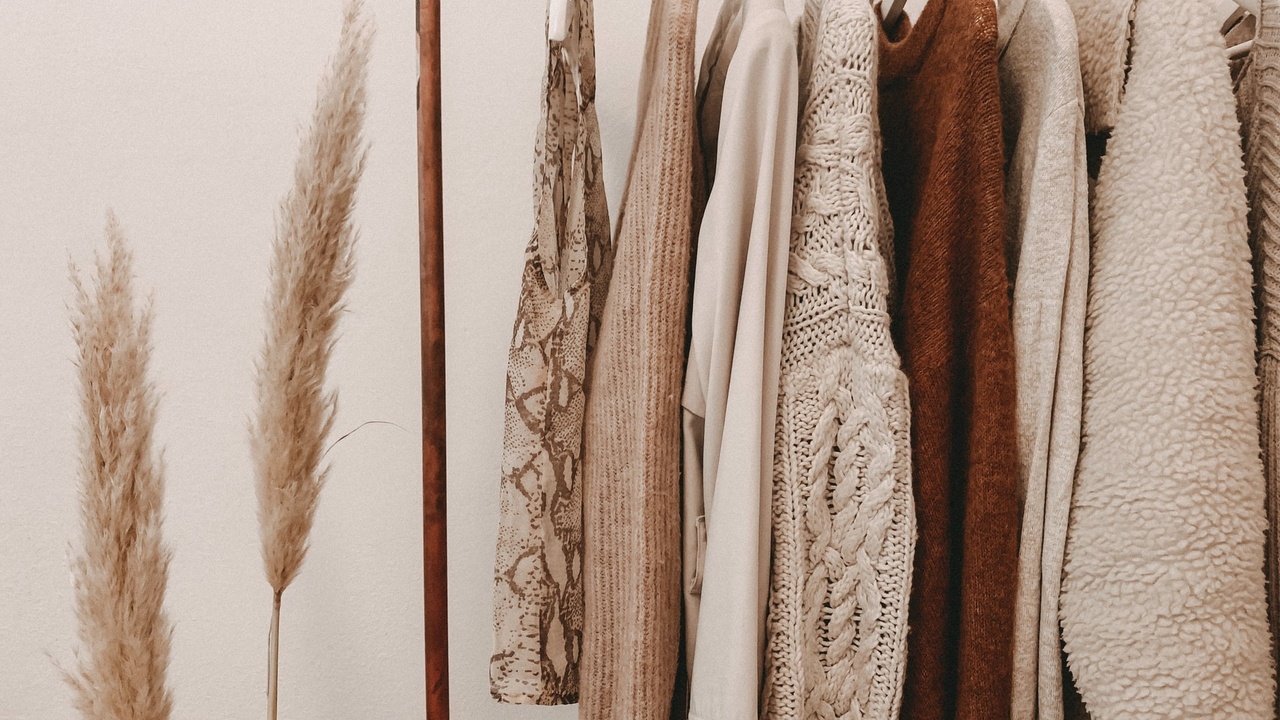Sustainable wellbeing and green living
Let's find ways to Flourish!
10 Last minute Eco-friendly Gifts

We have all been there. Christmas can be a busy time of year and I am always happy to have some last-minute gifts that I can give without having to go out to a store! So, here are some of my go-to last-minute gift ideas that are also great for the planet.
No need to get yourself overly stressed trying to find gifts and then feeling bad that you are doing something that goes against your values when you just get something for the sake of having a gift. Here are some easy solutions that have so many benefits. They are great for the planet because they are low-impact, they support small businesses, and they show others that we can do gifts sustainably.
1. Give an Eco-friendly Hobby
Ok, I have to admit, I once had visions of selling my hand-crafted delights, everything from paper mache bowls to baked goods. So many people find delight in being creative. Making everyday items like a crochet dishcloth or a hand-knit scarf can be incredibly rewarding as well as eco-friendly.
When we m...
Eat out without the guilt
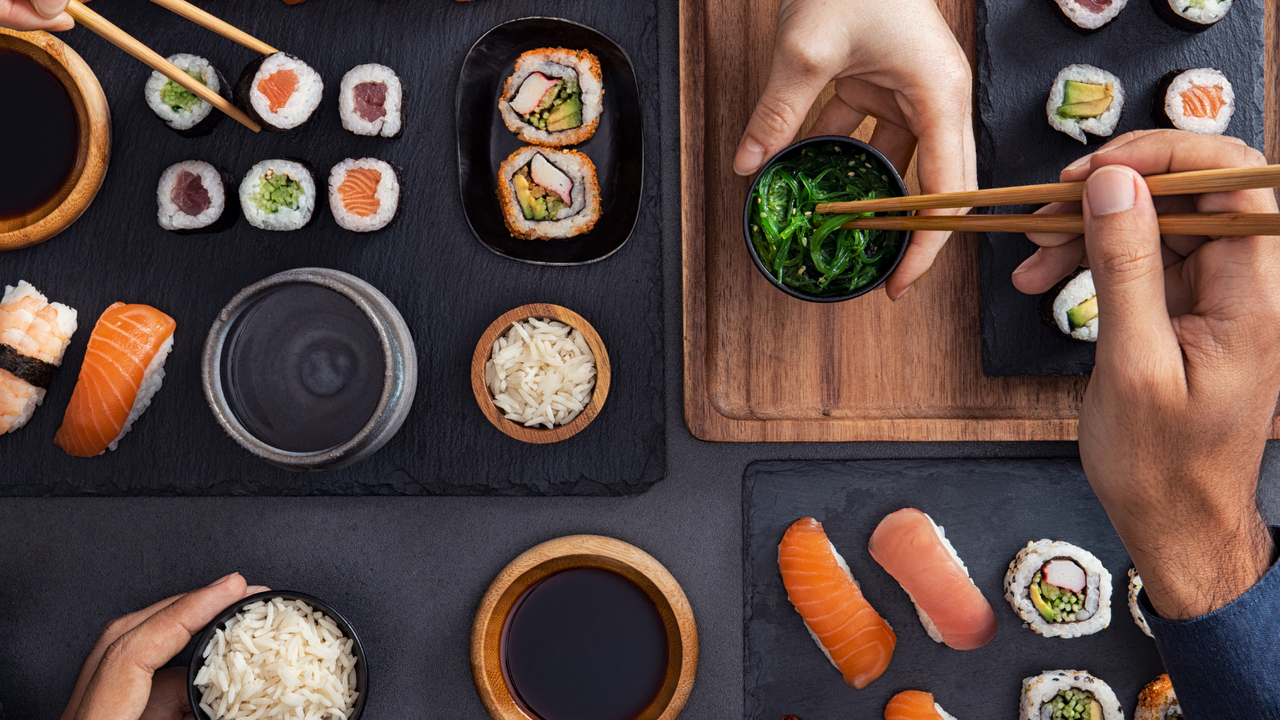
Food is a vitally important part of every day of our lives, and every meal is an opportunity to choose sustainability. Whether it be buying Fairtrade products, reducing food waste, supporting local producers, or reducing meat consumption, we do our best to eat sustainably. When we decide to eat out, we want to know if the restaurants we support are doing the same. Enter Green Restaurant Certifications.
These certifications assess factors such as water efficiency, sustainable food, energy, and waste reduction to determine whether or not the establishment meets the requirements to be certified green. Green Restaurant Certifications are a great way to help identify restaurants in the community that are striving to promote sustainability so that we can support their efforts while enjoying a delicious meal. In North America, the Green Restaurant Association and LEAF Certification assess restaurants to determine their level of sustainability and then publish these results on their websites...
What you need to know about consumer goods

We all have a vague understanding that consumer culture is linked to environmental degradation and climate change, but how do we get around this, especially when we live in the real world, with birthdays, and Christmas, social pressures to shop and often a lack of easy to access eco-friendly alternatives.
I like to do a little time traveling before purchasing anything.
Well, there are a few basics to consider, I like to do a little time traveling before purchasing anything. Instead of just thinking about price and value, think about where that good came from AND where it will end up when you are finished with it. That can put the "sale" item into a much more realistic light of its true cost.
But, what exactly are the issues associated with consumer goods?
Over-Consumption of Material Goods and Throw-Away Culture
Consumer goods are products that are found on store shelves and bought for consumption by the average consumer. Consumer goods can be anything from food, clothing, f...
Preserving the Harvest
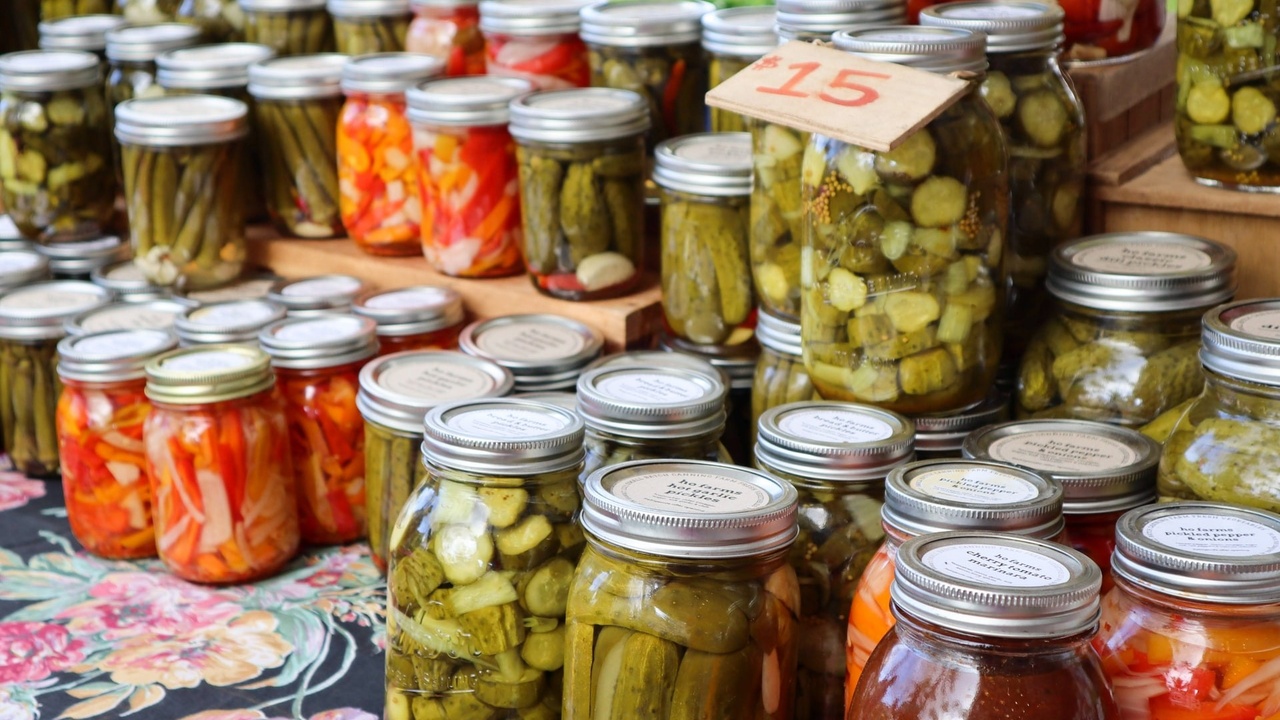
As much as I hate to admit it, I am just not that great a gardener. Sure, I grow herbs and tomatoes every year and love to harvest my grapes, beyond that I don't have a great deal of interest in gardening. And yet, I do love to put away fresh produce to enjoy in the winter months!
Yes, it can be sad to see the summer go, but there is plenty to be excited about as we transition into a new season!
There’s nothing like enjoying fresh and delicious produce that has been grown locally. Bonus points if you grew it yourself – it’s always a good feeling when your hard work in the garden pays off.

You might be wondering “what’s so good about local produce?” Well, locally grown produce is good for the planet, the local economy, and your taste buds. If you’re interested in learning more about why you should be eating local produce or how you can access it – check out these articles on farmer’s markets, community supported agriculture, and community gardens.
The only downside of local prod...
Dealing with the Denial of E-Waste
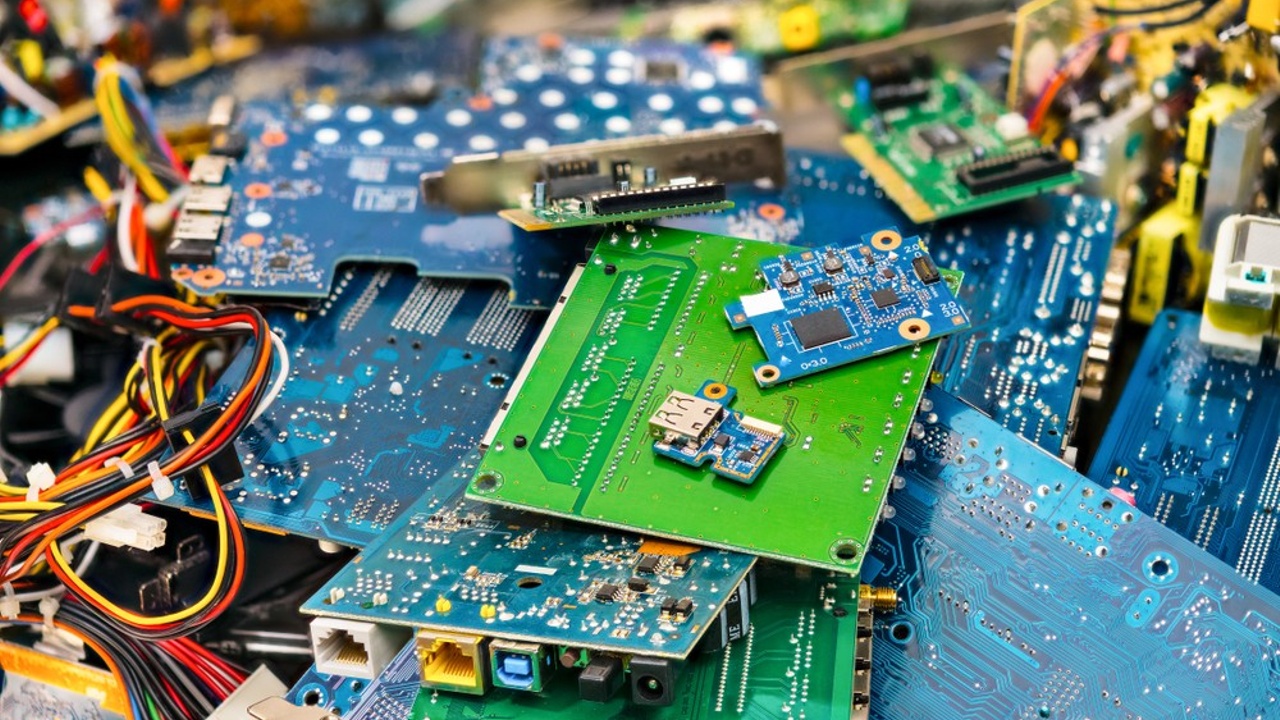
Are you in denial about the environmental impacts of your tech devices? Sure they are fun, and often necessary, even a lifeline during the COVID lockdowns, so perhaps it is not all that surprising that we don’t like to pay attention to the environmental and social issues of the e-waste associated with our tech habits.
It has become downright impossible to live a modern life without producing electronic waste. Electronic devices play an important role in our everyday lives. Let’s face it…who can go a whole day (hahaha, a few hours) without checking their phone or email, or snapping a photo?
It’s not uncommon for every member of a household to have their own cellphone, laptop, camera, etc. On top of that, shared electronic devices such as televisions, DVD players, gaming consoles, printers, and more, are often found within one household.
With all these electronic devices around, it is inevitable that we will contribute to the production of e-waste. After all, every action and certain...
What does a sustainable economy look like?
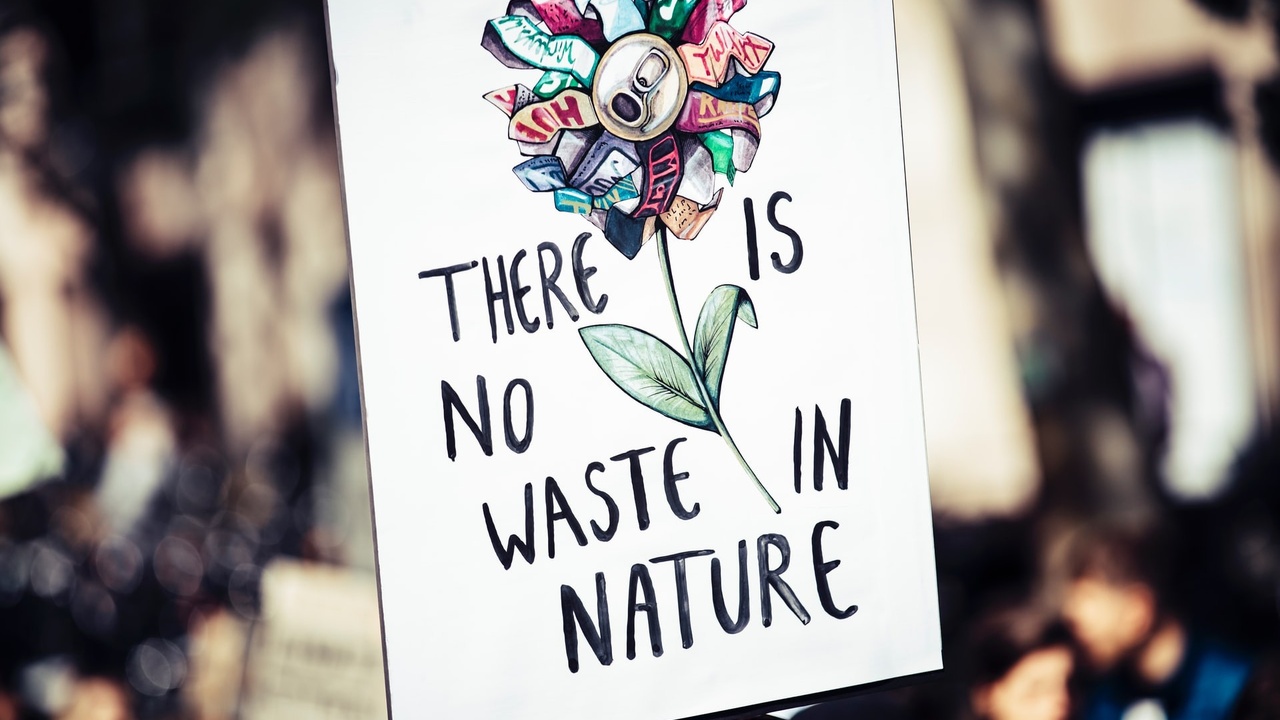
Sustainability is often defined as the ability to meet the needs of the present without compromising the ability to meet the needs of future generations. Typically, sustainability is made up of three pillars: social, environmental, and economic. In other words, sustainability takes into account people, the planet, and profit.
The environmental pillar tends to get a lot of attention when it comes to discussions surrounding sustainability. While this topic is undoubtedly important, it is useful to look at the economic side of things as well! Let’s take a closer look at the economic pillar of sustainability.
Issues with the current linear economy
We are currently operating in a linear economy. That means that consumption follows a linear process referred to as the ‘take-make-waste’ approach.
Take – When there is a high demand for consumer products, supplies such as non-renewable and natural resources get depleted at an alarming rate in order to keep up with demand. And we know that ex...
Rethinking E-waste
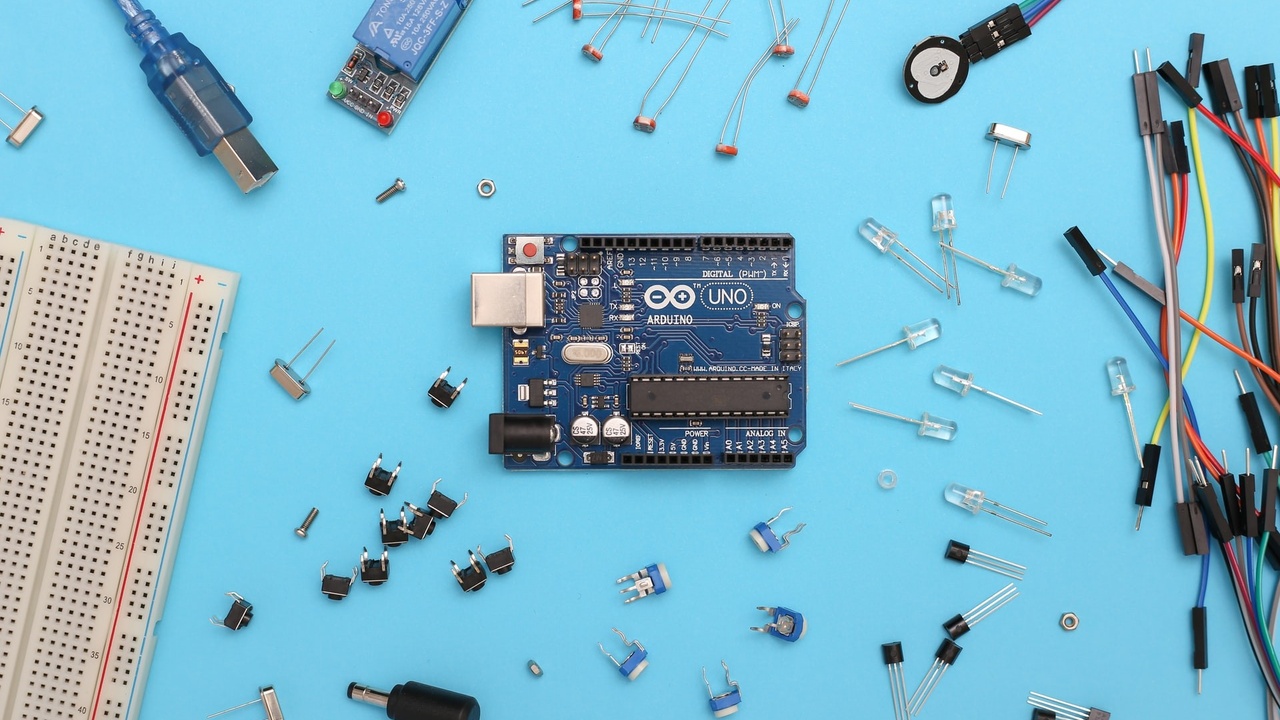
Sure, we want to do what is right when it comes to recycling and disposal of our electronics, but for many people, electronics recycling can be a bit of a grey area. It’s hard to know exactly what to do with your e-waste or outdated electronics. That's why so many people find they have a drawer or box full of old electronics that they haven't quite figured out what to do with.
So, here is my quick guide to help you find the best way to manage your e-waste responsibly.
E-waste 101
First, let's just cover off what we mean when we are talking about e-waste. E-waste, or Electronic waste, is electronic equipment that is no longer wanted or no longer works. When electronic devices have reached the end of their useful life, for us, they become electronic waste. But, that doesn't mean they are no longer useful!
Keep these devices out of the landfill!
Sending your electronic waste to the landfill can cause serious environmental harm. Most electronic devices contain toxic heavy metals such...
Beyond less bad using Cradle to Cradle
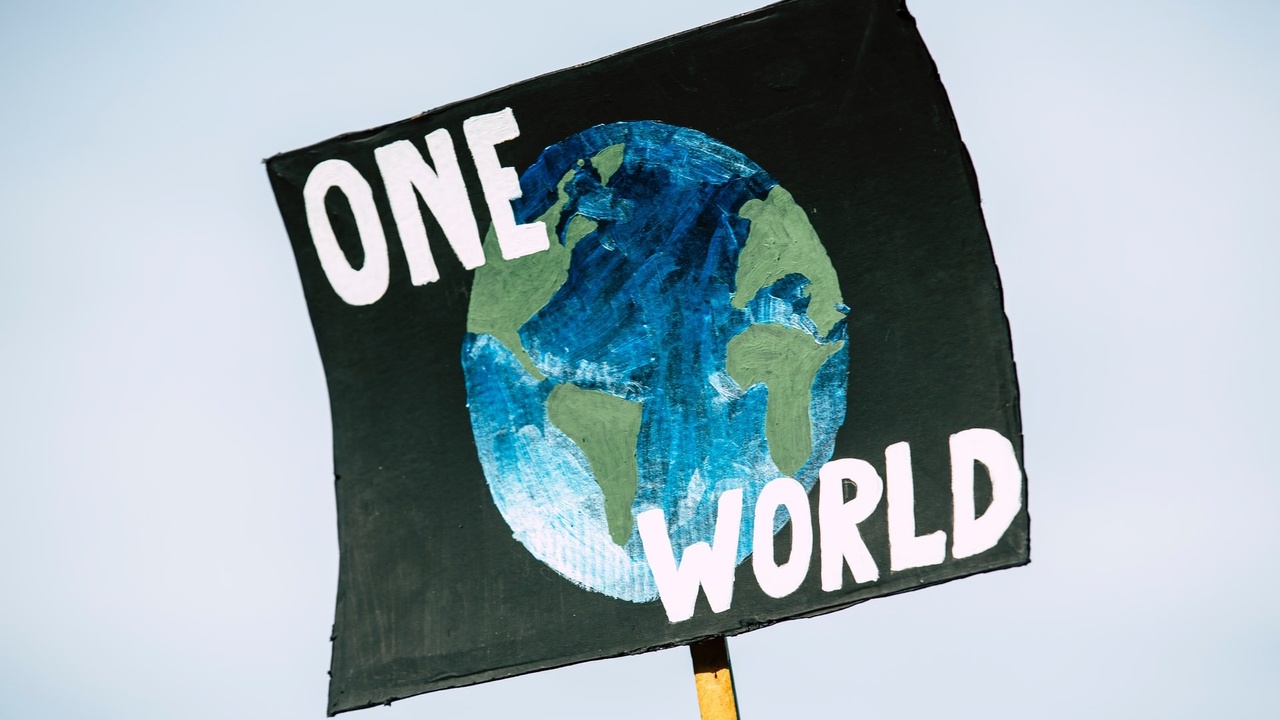
So many of the so-called sustainable living ideas and suggestions really only scratch the surface. They are superficial ideas that only slightly stall the inevitable linear model of resource extraction - material goods - waste. Even the feel-good efforts of making fleece jackets out of recycled pop bottles only slightly delays that plastic's inevitable fate of becoming waste and ending up in the landfill.
That's where solutions that create systems-level change come in as important real fixes for the systems that aren't working. Cradle to Cradle is one of these concepts that bring our human-made systems into alignment with natural systems by mimicking the natural world.
The origins of Cradle to Cradle
The ‘Cradle to Cradle’ concept was coined by Michael Braungart and William McDonough and is discussed in detail in their book ‘Cradle to Cradle: Remaking the Way We Make Things’ published in 2002.
In short, the Cradle to Cradle concept is a reinvigorated way of looking at our lifecycl...
The Natural Step for strategic sustainability
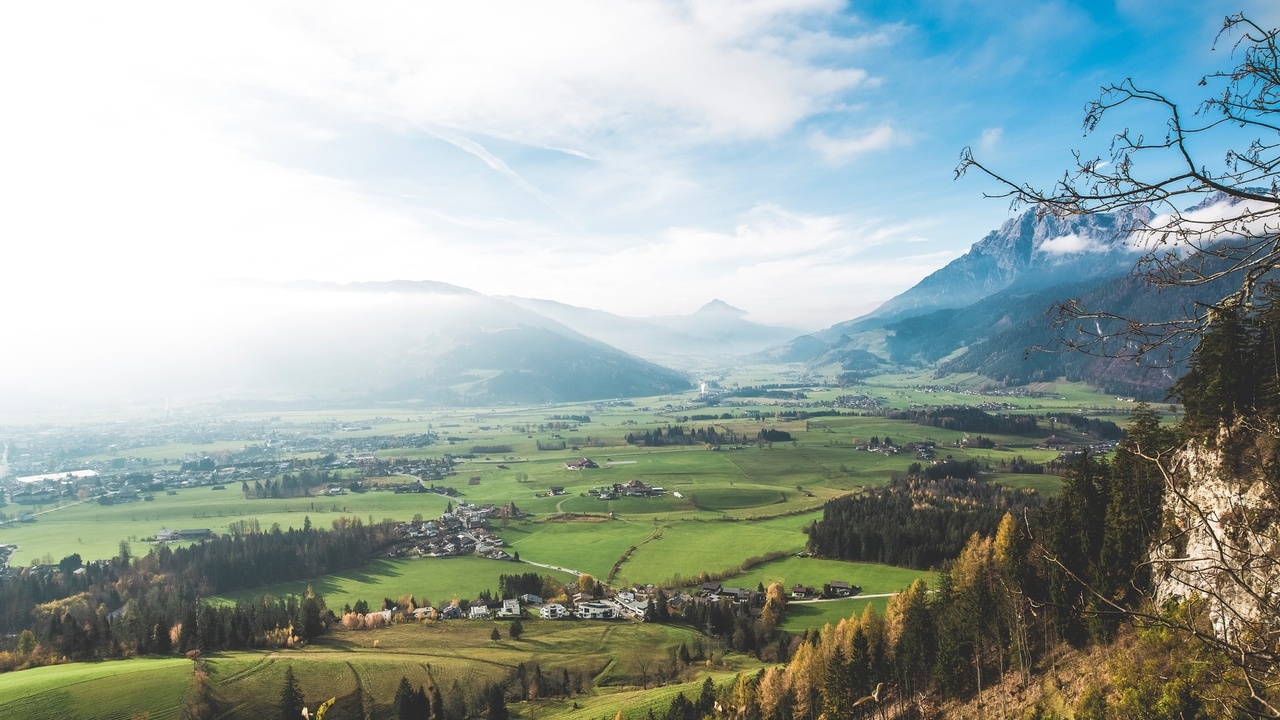
"If we think systematically, we will stop asking, How much is nature worth? We will know that we are a piece of nature ourselves." - Karl-Henrik Robèrt, The Natural Step Founder
Want strategic sustainability in your organization? Use The Natural Step method.
The Natural Step is a global network of non-profit organizations with a collective vision of a sustainable society and a mission to facilitate this transition.
With partners in 54 countries, The Natural Step International is striving to transition towards a fully sustainable global society by taking actions to support ecological, social, and economic sustainability. It is a science-based holistic approach that encourages work across disciplines to plan effectively.
The Natural Step was founded in Sweden in 1989 by scientist Karl-Henrik Robert. Robert outlined 4 system conditions for the sustainability of human activities on earth.
These 4 conditions are the basis for the Natural Step mission, which also consists of a fram...

